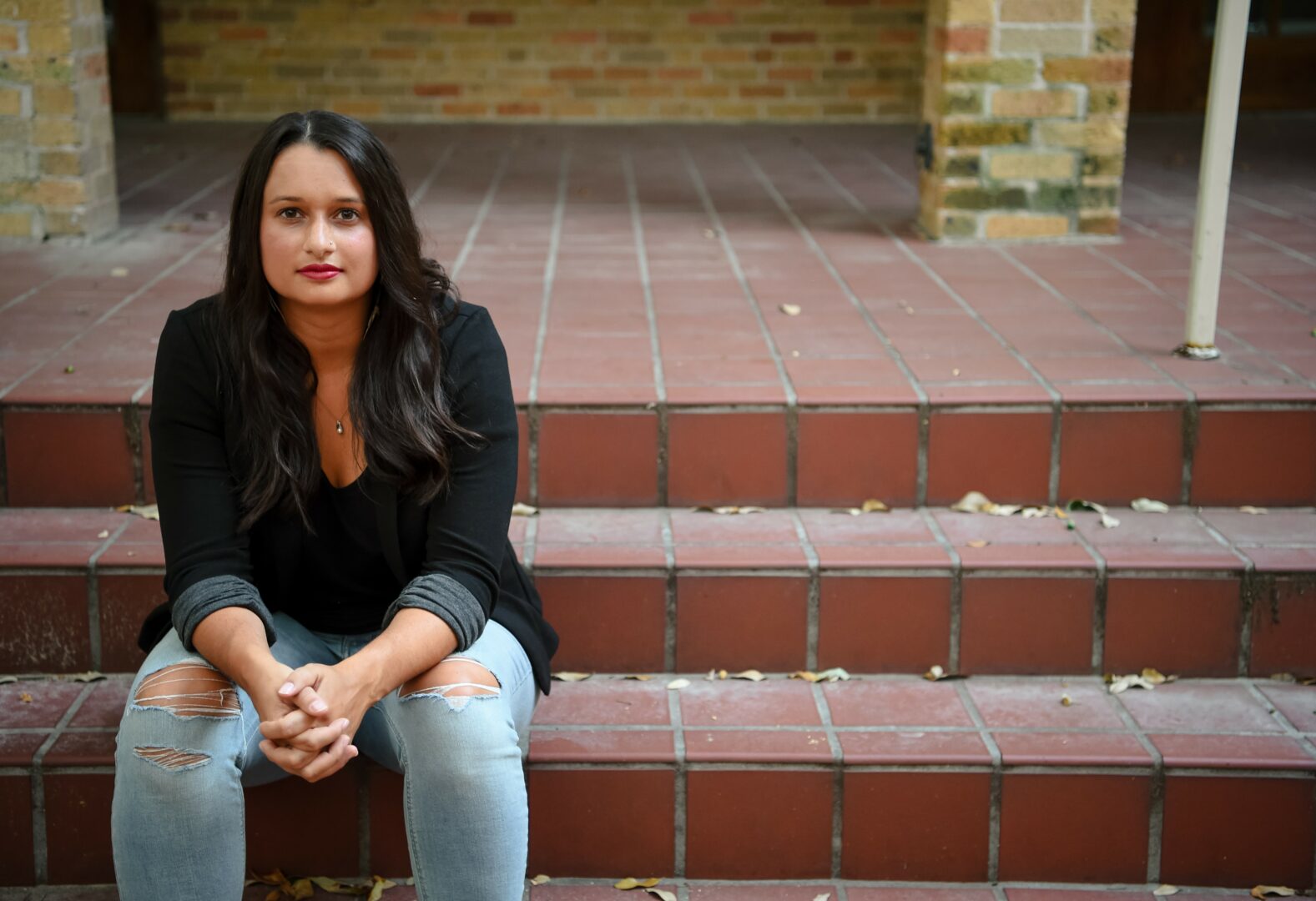We’re looking forward to introducing you to Dr. Michelle Reyes. Check out our conversation below.
Hi Michelle, thank you for taking the time to reflect back on your journey with us. I think our readers are in for a real treat. There is so much we can all learn from each other and so thank you again for opening up with us. Let’s get into it: What is a normal day like for you right now?
I actually don’t have “normal days” at the moment. Our family just moved from the U.S. to England and we’re still trying to figure out our rhythms and schedule. Everything is new and different. Folks drive on the other side of the road. There are different products and name brands in the stores. Half n half doesn’t exist here, which has always been my go-to coffee creamer. I perhaps thought naively that I could just buy whatever I wanted from Amazon, but even the products from Amazon UK are different from the U.S.! And while the official language is English, so much of the vocabulary, including slang, is totally new to us or, at the very least, has different meanings (like saying “football” instead of “soccer”). We’re currently moving into our new home and are looking forward to figuring out everything from where we’ll shop for food to making friends and which sports and extracurriculars to get our kids involved with.
Can you briefly introduce yourself and share what makes you or your brand unique?
Hi, I’m Michelle! I teach cultural engagement at Wheaton College. I’m also a culturally-informed leadership coach and the author of the award-winning book, Becoming All Things: How Small Changes Lead to Lasting Connections Across Cultures. I’m passionate about helping leaders lead authentically and be respected in culturally diverse contexts. My coaching program is Success Culture Coaching, and I run a mastermind with women from around the world who want to become more comfortable and confident in leading like themselves around people of other cultures. What I tell folks all the time is that you don’t need to mute your personality or values; you just need a better leadership framework and authentic communication style so you can confidently speak up and lead well. What makes my coaching unique is that I help you (re)discover and (re)align with your unique cultural design. Learning what to say and do is always important, but you have to start with the inner culture work of ‘who are you?’, ‘what are your values & strengths?’, and ‘how do you want to show up in the world?’
Thanks for sharing that. Would love to go back in time and hear about how your past might have impacted who you are today. What did you believe about yourself as a child that you no longer believe?
I share a lot about my childhood experiences in my book, Becoming All Things. I grew up as a bicultural Indian American girl with brown skin in an all-white predominantly Scandinavian community in Minnesota. While some people don’t interact with folks from other cultures until college, I have lived my life from Day 1 around folks who don’t look or think like me, and for a long time I thought I needed to code-switch (aka act white) in order to survive. In the introduction of my book, I write: ” I lived in a world of in-betweens, where I wasn’t considered Asian, but not white either. I was like no one and was constantly aware of the ways I stuck out. So I spent much of my childhood thinking something was wrong with me and actively trying to make my Indianness invisible. I desperately tried to imitate my white classmates so that I would be more likeable or prettier, or at the very least so that someone would start sitting by me at the lunch table…I thought that I needed to alter my cultural identity to be accepted.” Through many years of cultural identity development, I’ve now come to embrace my bicultural design with pride and joy, I don’t try to mute myself to fit in. I don’t pretend to be something that I’m not. I also give myself permission to not have to explain myself either unless I want to. Being able to just be myself has been one of the most liberating and empowering choices I’ve ever made.
When did you stop hiding your pain and start using it as power?
The stories in my book, Becoming All Things, were the first time I publicly shared some of my most painful experiences with cultural stereotypes, appropriation, and even racism. I was terrified of what folks would think of these stories. It’s so Indian to ask ourselves, “But what will people think?” Having been raised in an honor/shame culture, we are taught to only talk about the positive and good aspects of ourselves. But I wanted to share my cultural pains as a way to tell other women, “I’ve walked this road too. You’re not alone.” After my book released in 2021, so many people of all different ethnicities reached out — via email, IG DMs — to tell me how much my stories of cultural pain resonated with them and they felt seen. I think that was one of the most rewarding experiences of writing my book. Now through my Substack, Success Culture, as well as in my leadership coaching program, I continue to share the hard, the pain, and also the resilience as a way to encourage other women to share their stories, heal from the cultural wounds still holding them back, and finally navigate the their culturally diverse context with confidence in their own skin.
Next, maybe we can discuss some of your foundational philosophies and views? Is the public version of you the real you?
I’d say both yes and no. Yes, in the sense that what I write and say publicly are always my own ideas. I don’t put on opinions I don’t hold. But also no, because people often assume I’m an extrovert when I’m not. I joke that I’m an extroverted introvert: in public, I’m animated, full of questions and ideas, deeply engaged. At home, I crave the opposite—quiet, reading, writing, fewer words. Maybe the best way to put it is this: I’m a professional extrovert, but a personal introvert. Part of learning what it means to be authentically me is asking: Does this give me joy? Does this fill me up or drain me? Podcasts, YouTube videos—anything with audio, really—leave me exhausted. I’m a writer first and foremost, and the more I engage the world through writing, the more energized and fulfilled I feel. Of course, interacting with people is essential for the work I do, and I make a point of engaging both online and in person every week. But most of my work now happens in the quiet of my home, with paper and pen, sharing myself with others through words on a page.
Okay, we’ve made it essentially to the end. One last question before you go. What do you think people will most misunderstand about your legacy?
I think the biggest misunderstanding about my work—and probably my legacy—is that I talk about race. But I don’t. My work is solely focused on aspects of culture. Unfortunately, most people conflate race and culture and assume it’s the same thing. During 2020–2021, this conflation caused me to be accused of being liberal (a term I don’t identify with) as well as an advocate for critical race theory (I didn’t even know what that meant at the time). But again, this is not my focus; cultural identity development and cultural engagement are.
Race relations is largely about social constructs—hierarchies of power, superiority and inferiority mapped onto skin color, systems of oppression. That work is important, but it’s fundamentally different than cultural engagement. Cultural engagement, on the other hand, as I understand and teach it, is about relationships. It’s learning how to interact with people who live, think, and behave differently than you. It’s communication strategies, team building, building points of connection for the sake of shared understanding and respect. Importantly, it assumes both parties are of equal value and worth.
As a culturally-informed leadership coach, my work is about returning to how we were created: with God-given diversity. It’s about building a healthy, positive, no-shame, no-guilt foundation for cultural identity. And, quite honestly, our society needs a healthier foundation of culture and cultural identity before they can more effectively engage issues of race.
Contact Info:
- Website: https://michelleamireyes.com/
- Instagram: https://www.instagram.com/michelleamireyes/
- Linkedin: https://www.linkedin.com/in/michelle-reyes/
- Facebook: https://www.facebook.com/michelle.ami.reyes
- Other: Substack Newsletter, Success Culture: https://substack.com/@michelleamireyes?utm_source=user-menu
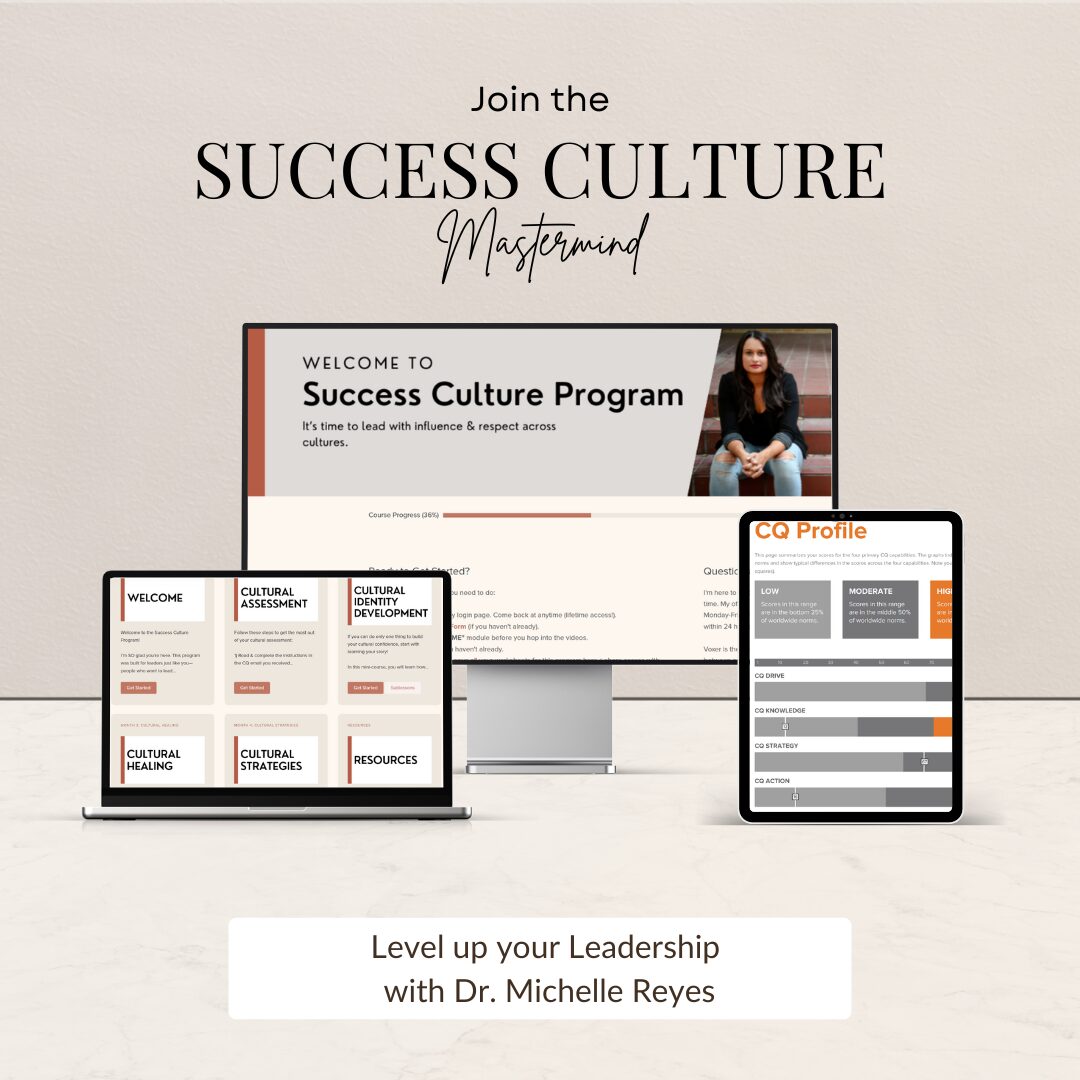
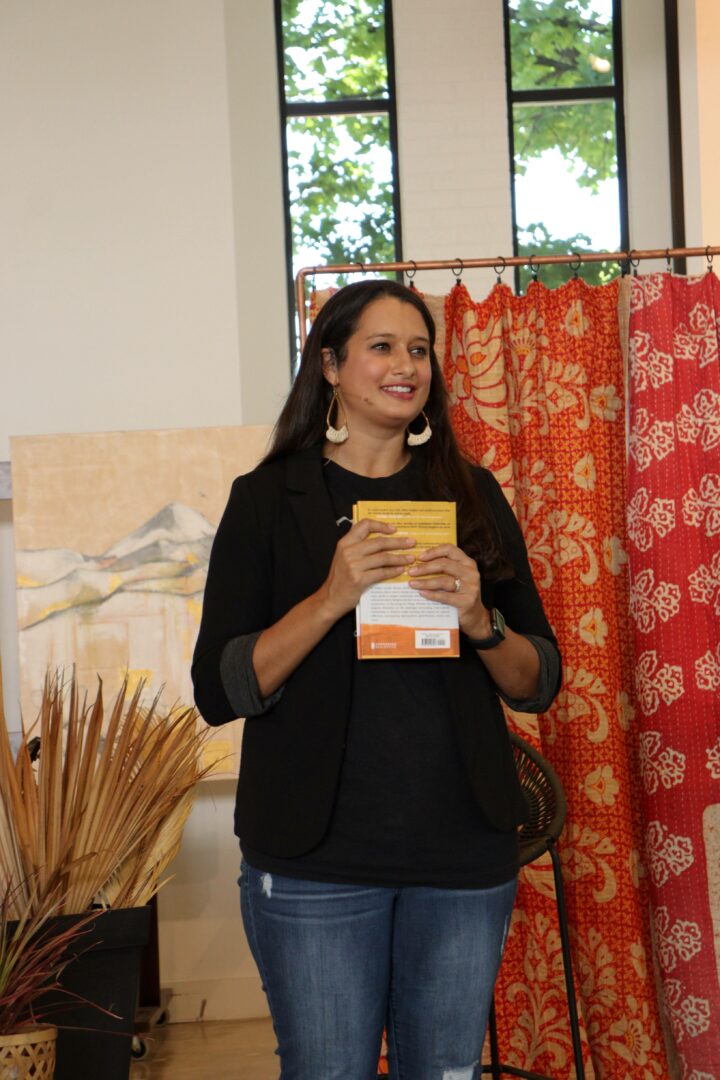
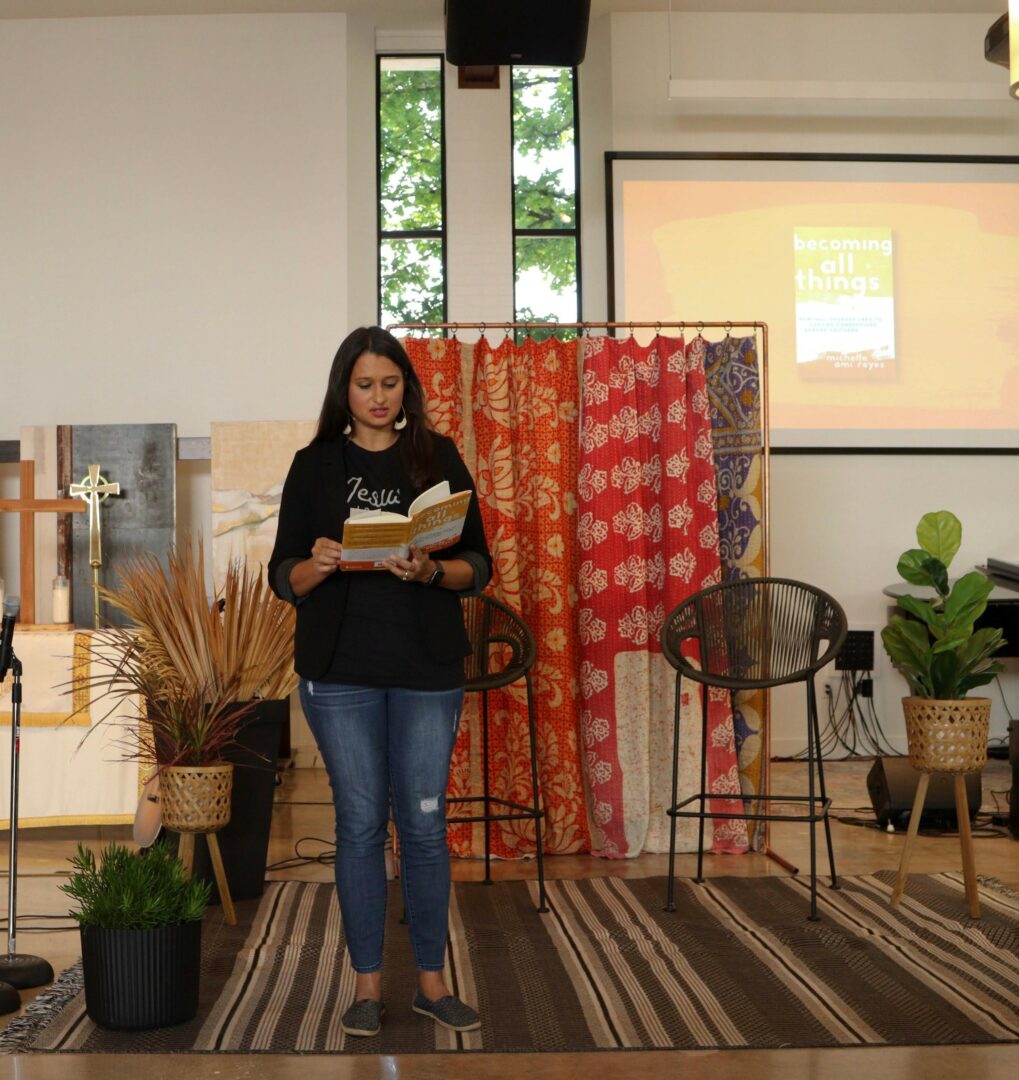
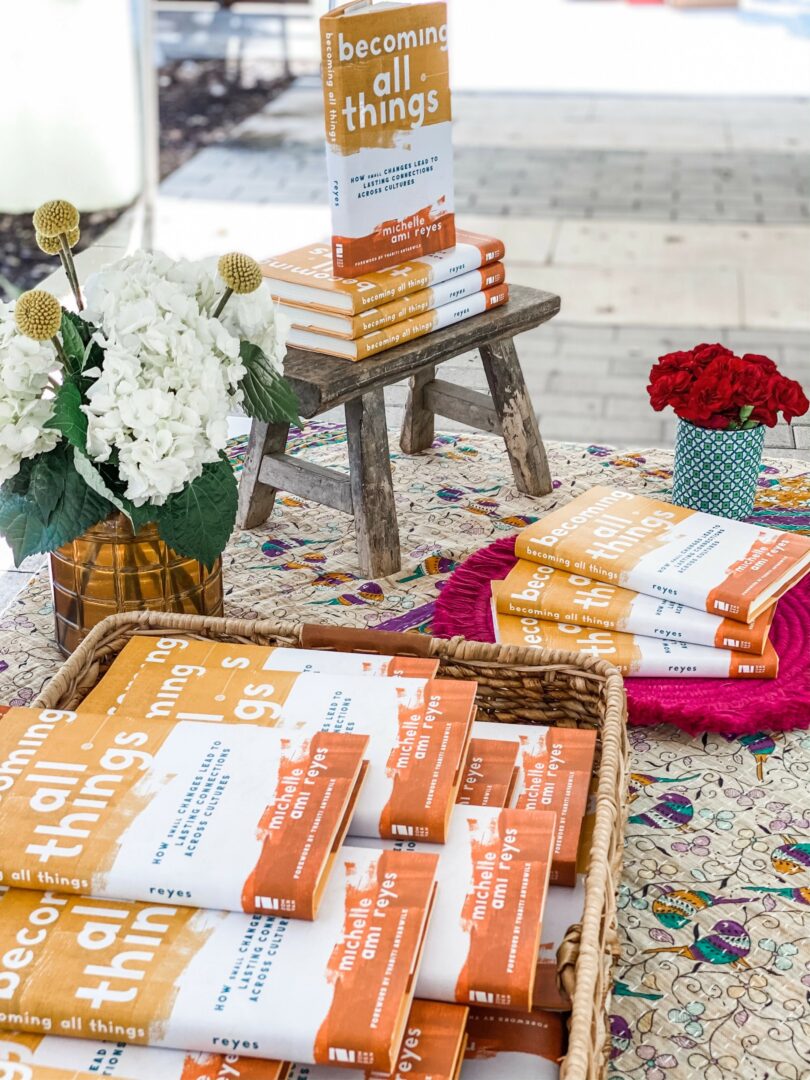
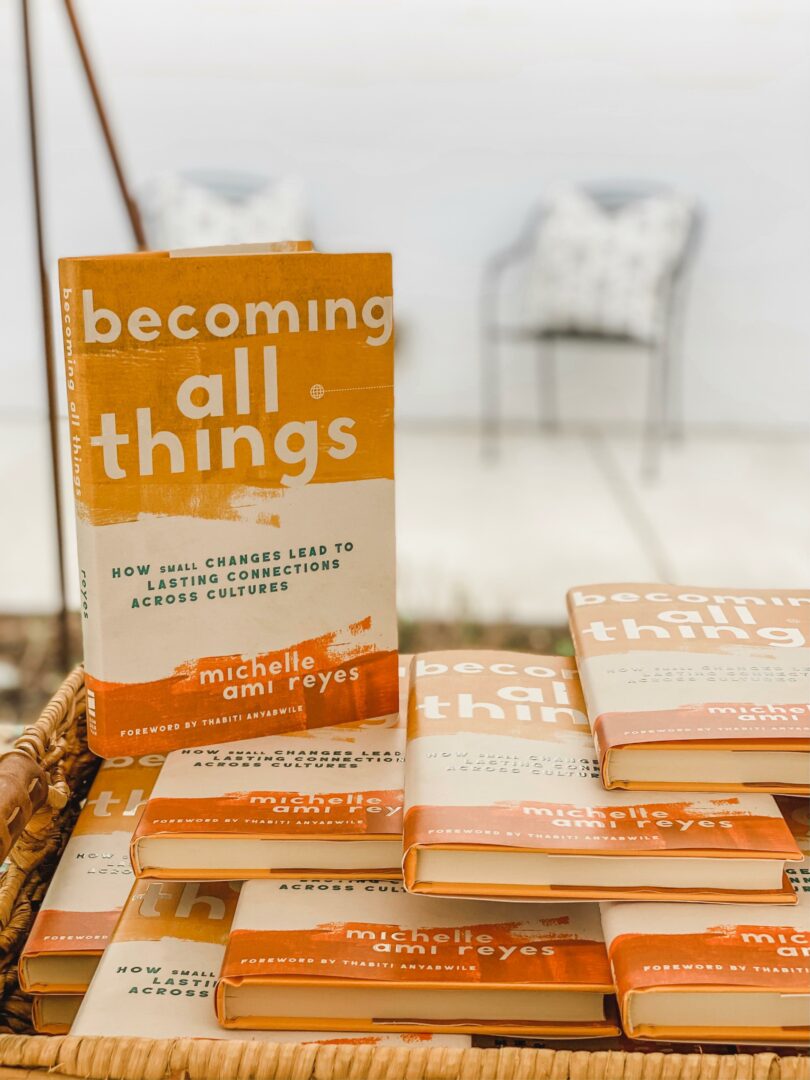
so if you or someone you know deserves recognition please let us know here.

